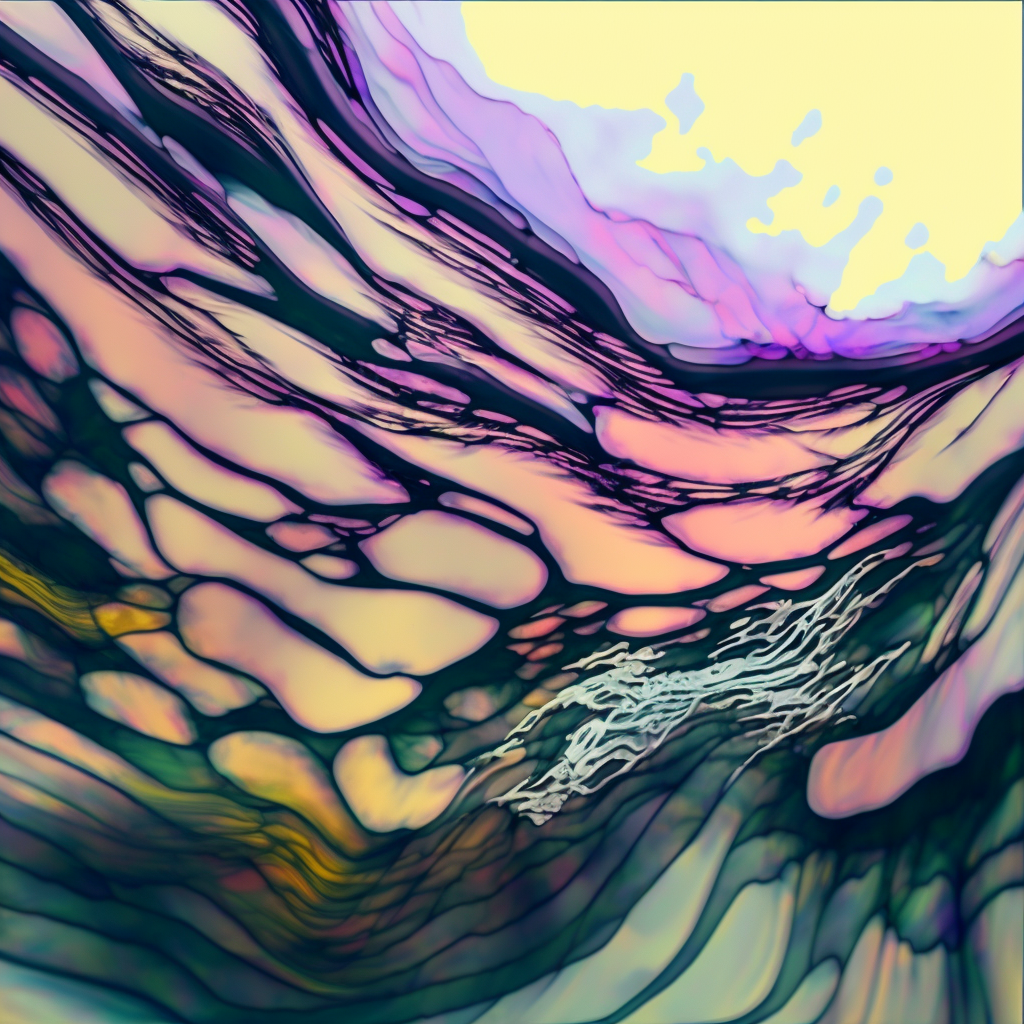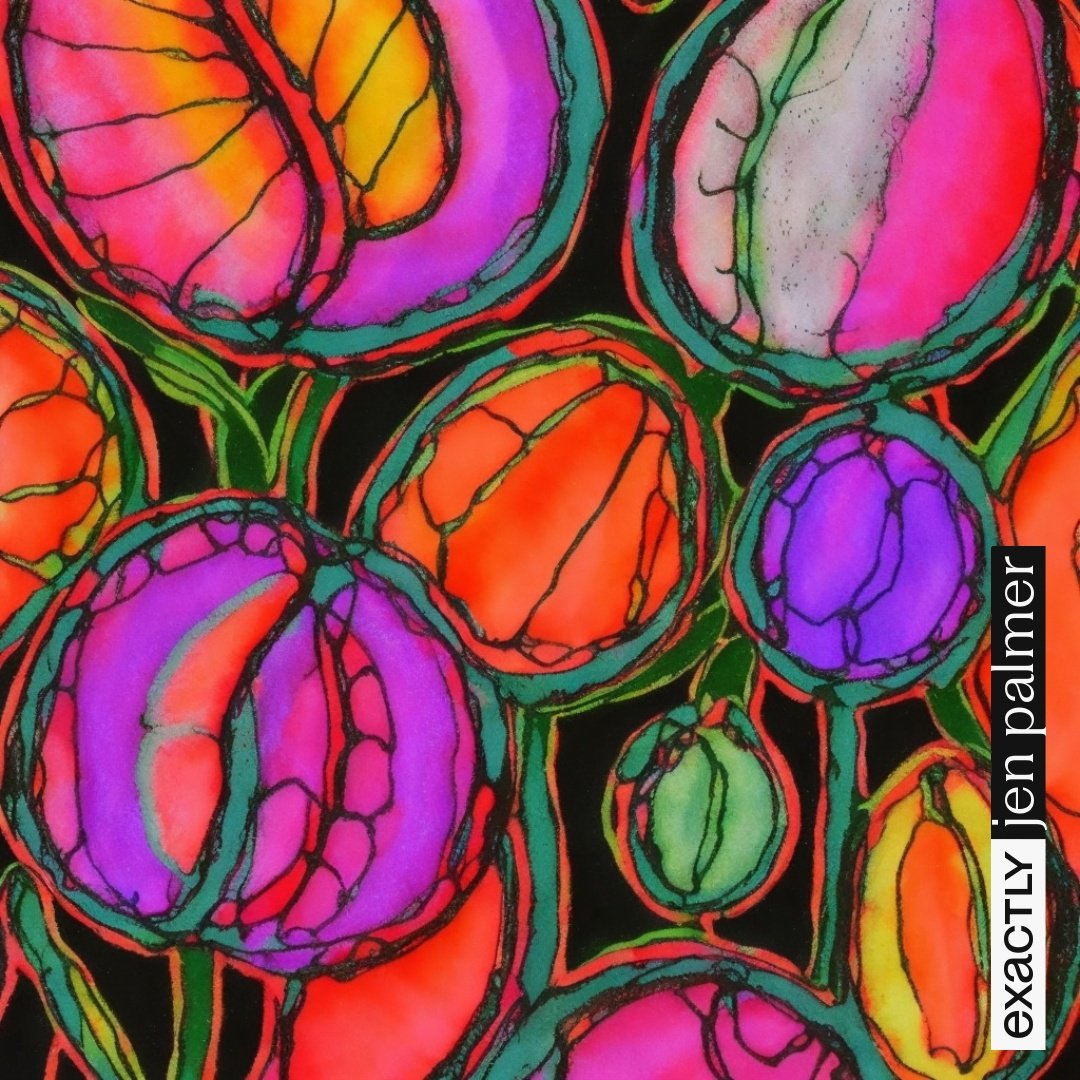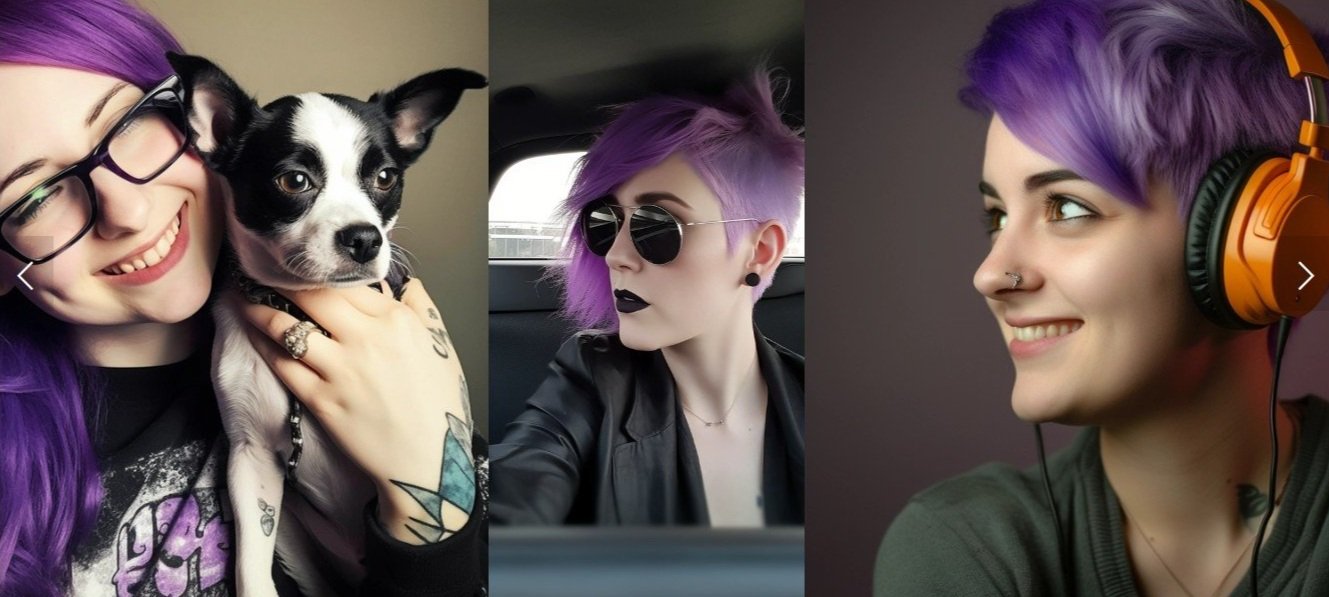HOPE Exhibition at the Roaring Artist Gallery
HOPE is a themed group exhibition, running through October 31st, 2021, at the Roaring Artist Gallery (This amazing virtual gallery run by the lovely and talented Katie Bradford Osborne), benefitting the L-CMD RESEARCH FOUNDATION. You can visit the virtual gallery and view my piece in the show, or view them on the website. “Sureness” is available for purchase through the gallery.
I’m excited to be participating in this exhibition, and that everyone can experience it virtually, I truly appreciate the thoughtful curation.
I hope you take the time to explore and enjoy all the arrangements of beautiful art in this virtual space, and maybe decide to bring a piece into your actual space as well.
Considering Radical Hope
Jonathan Lear considers the role of Radical Hope in the context of the Crow and the cultural devastation that the white man brought upon them. I read this to better understand how to clearly portray what radical hope is.
While this discusses how Radical Hope enabled the survival of the Crow, there are many parallels to our current existence.
When I say, "Radical Hope is a belief in some goodness we can not yet understand", I feel the need to tack on that it is also not "toxic positivity". Radical Hope does not forego acceptance but embraces it. Lear explains that Crow tribe member and eventual leader, Plenty Coups, understands that the way of life is coming to an end. He does not know what is beyond it but is able to commit to the idea that goodness exists for him and his people, beyond his current understanding. Through accepting the unknown, he is able to come up with creative ways to re-interpret cultural ideals. Lear is clear to note that this commitment on the part of Plenty Coups does not mean that there is divine or historical correctness here.
Lear brings forth the virtue of courage as a means through which one is able to make such a commitment to something they can not yet understand. The points coming from Aristotle:
1) a courageous person has a proper orientation toward what is shameful and what is fearful
2) courage aims towards what is fine
3) a courageous person must grasp the situation he or she is in and, through experience, exercise good judgement
4) courage paradigmatically involves the risk of serious loss and enduring certain pains
This part was particularly helpful to me in explaining why radical hope is NOT toxic positivity. The difference is this definition of courage. There is an awareness present in radical hope, that is willful ignorance in toxic positivity. "Bold acts that derive merely from optimism are not courageous".
To have radical hope, a person must know what is good and aim towards that. They must be able to accept the current circumstance, and act upon sound judgement. They must be able to be vulnerable.
Lear goes on to discuss this dream that Plenty Coups had, and how it was a manifestation of radical hope (thus courage) , and that "radical hope can not just be psychologically advantageous, but a legitimate response even to a world catastrophe". This brings me to think about how, given current world circumstances, we, if nothing else, have this resource of radical hope. We can be the "poets" of our time, using this resource to imagine new ways of being, of processing, of bringing ourselves into the future good.
In being a psychological resource, radical hope creates the capacity to respond well to reality. If we lack this resource, if we fall into despair, or toxic positivity/ wishful optimism. If we lack this capacity, we lack the flexibility required to travel through devastation.
Lear considers the cultural ego-ideal, which informs the way one strives to live a rewarding life. Without this ideal, it is hard to understand what one lives for. Loss of this ego-ideal is devastation in itself. Radical hope holds a space in which this ego-ideal can be in flux. What the Crow tribe went through did not allow them to pass on traditional ideals, which is why it became a necessary resource to hold the ideal of being in flux. This allowed the Crow to "endure a loss of concepts".
When one does not know how to live a good life, despair seems inevitable. The concepts for what should equal happiness are gone, so how would one even continue to strive for that or experience that state of being?
Our lives are full of changes, not so constantly large as total cultural devastation, but how might the idea of radical hope enable us to adapt to those changes? How might it give us necessary resources to address current cultural failings and envision new ways of being that are infinitely more "fine"? How can we be vulnerable to allow this process? How must we embrace our sense of yearning for the good, so that we are clear-eyed and mindful of the current reality?
I believe that ideas like defunding the police, effective climate crisis action, and giving land back to native peoples come from the space held by radical hope. These ideas are courageous, mindful, aware, and strive to create a new culturally informed ego-ideal.
When I ask how some people can see, and some people can't, I largely end up back on the fact that some people can not accept - the history, the truth of current circumstance, the shift of ego-ideal. They are still living in magical optimism space, where something Jesus-like (or Trump-like) will come and save them (their way of living and believing). There are alternately those who have chosen despair. They are also unable to see, because the space they exist in is another sort of extreme, where nothing matters. It is interesting to me that they create these spaces too, unwittingly, and how important mindfulness is to the concept of radical hope.
I’m going to continue my reading and writing about this concept, and I would love to hear your thoughts too.
FEATURED POSTS

















